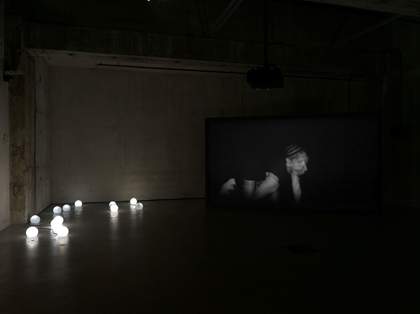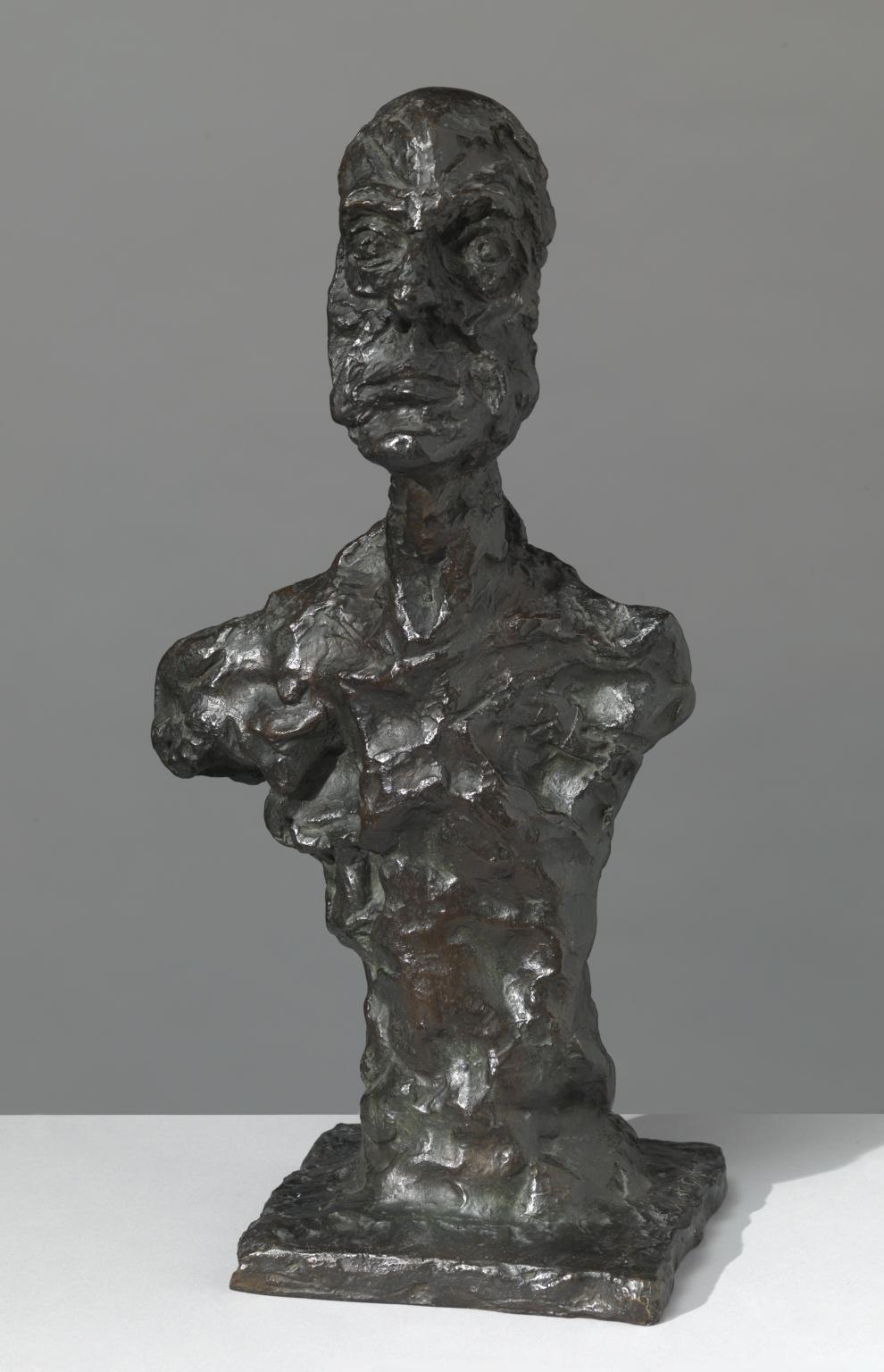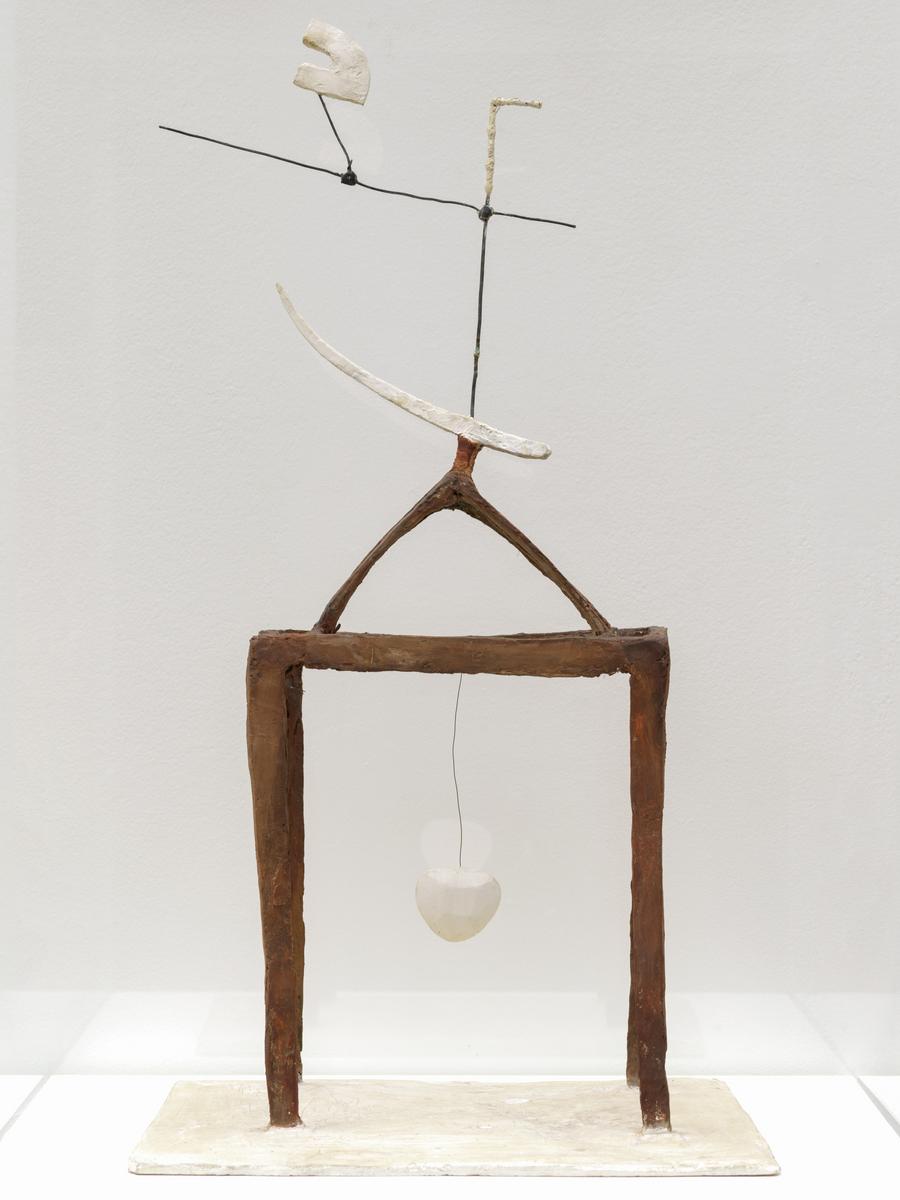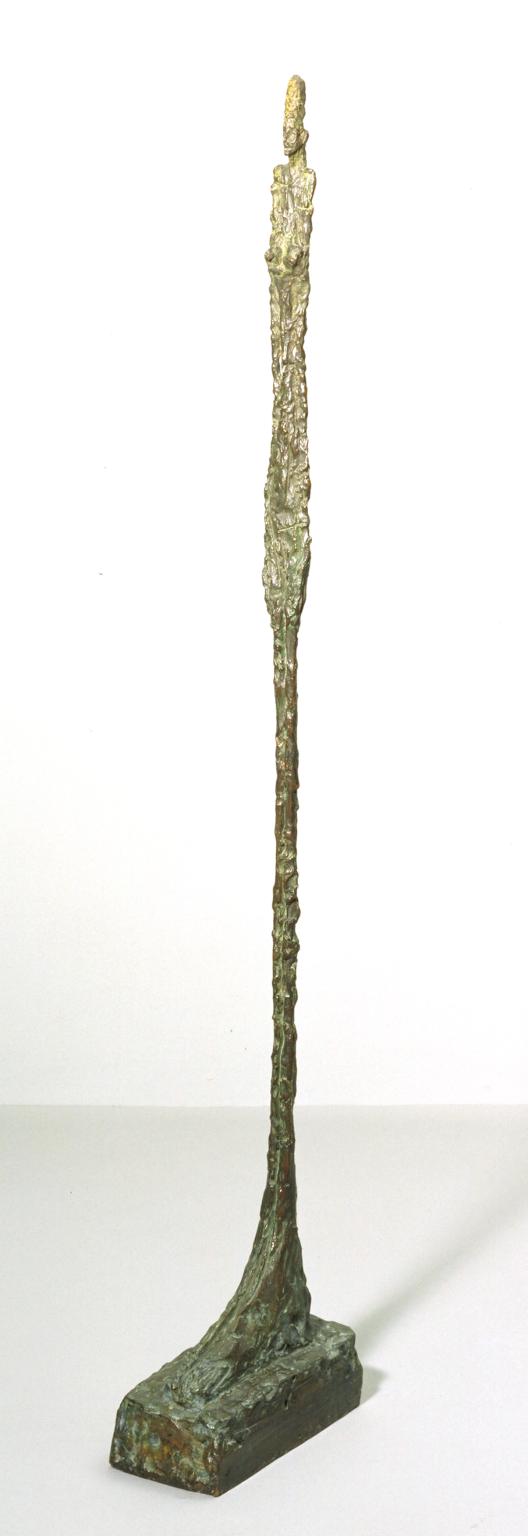In his video installation Levant, Maheke stages a poetic meditation on visibility and erasure
A video performance made in collaboration with the dancer and choreographer Ligia Lewis (born 1983) and the musician Nkisi (Melika Ngombe Kolongo) (born 1985) is projected onto a gauze fabric screen. Lewis repeats a sequence of movements to a pulsating electronic soundtrack, her form blurred. As the field of view shifts and phases, the figures of Maheke and Nkisi also briefly join Lewis in movement. Dressed in black, the three performers appear and disappear, hazy and ghostlike, against the background of a dark and indistinct space.
Through this interplay of visual and sonic distortion, Maheke builds an atmosphere which is at once dreamlike and menacing. The work is titled after the French word for ‘rising’. ‘Levant’ is also a British slang word that means leaving secretly without paying one’s debts. The work gives a poetic and sensual form to the artist’s ideas concerning representation and identity. Maheke explains that ‘nothing remains fixed or static. For example, I filmed while dancing with Ligia, and the headlamp I wore created even more movement.’
Maheke’s perspective is informed by theorists such as Édouard Glissant (1928–2011) and Audre Lorde (1934–1992). These authors propose ways to resist discrimination and power imbalances based on race, gender, class or sexual orientation by refusing to be fully visible or entirely understood. ‘My work is inherently queer and Black,’ Maheke says, ‘but I view these aspects as modes of production rather than subjects I address. This distinction is crucial to me. I often use a quote from bell hooks (1952–2021): “The space of our lack is also the space of possibility.”'
Art in this room
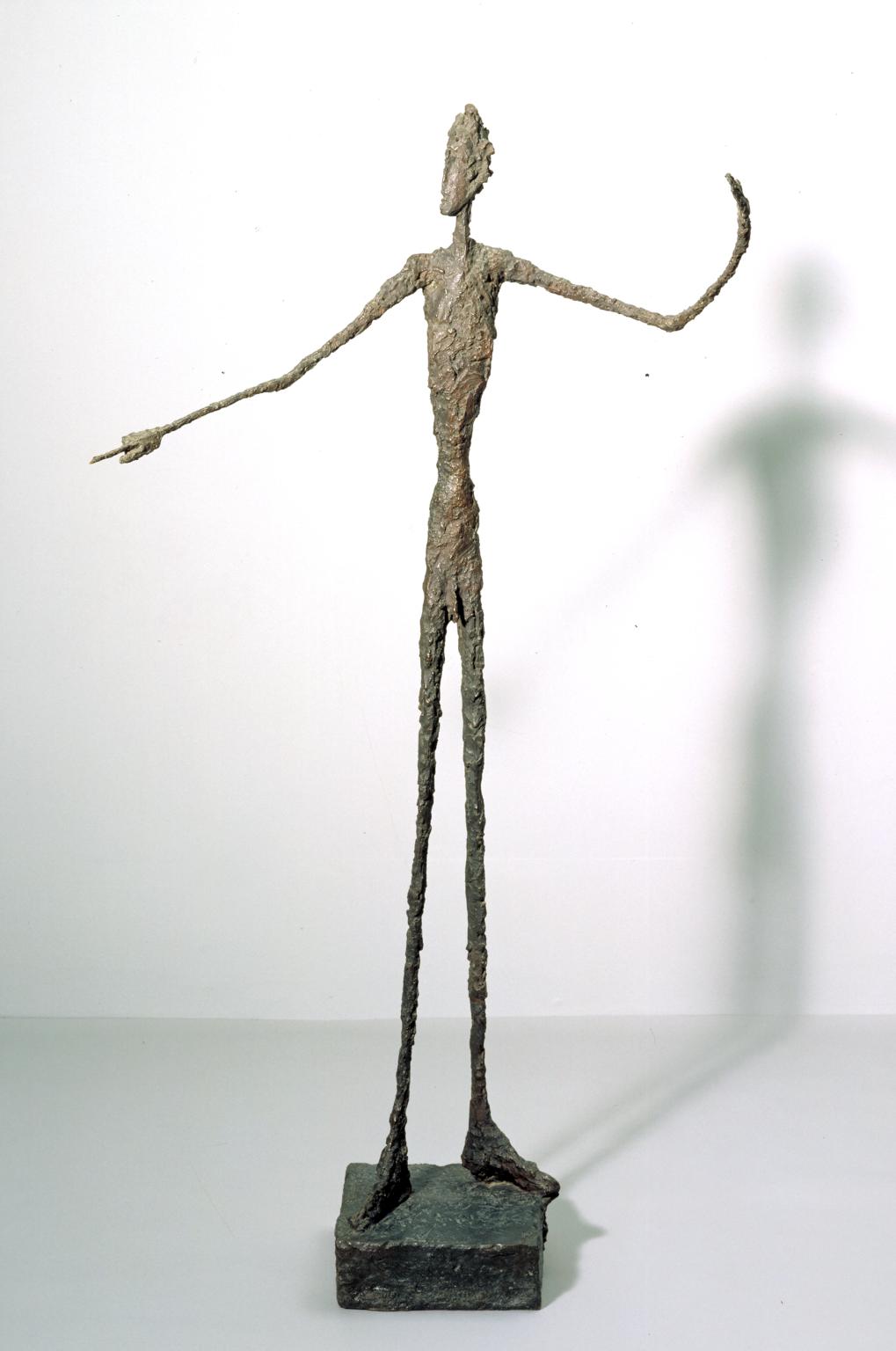
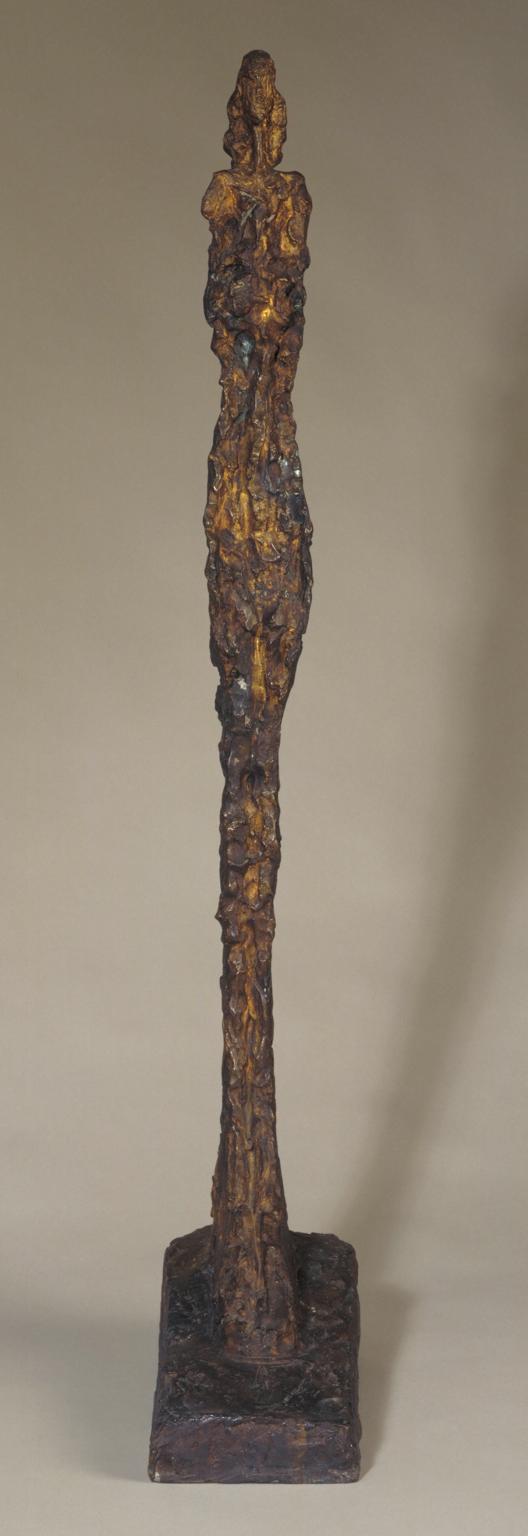
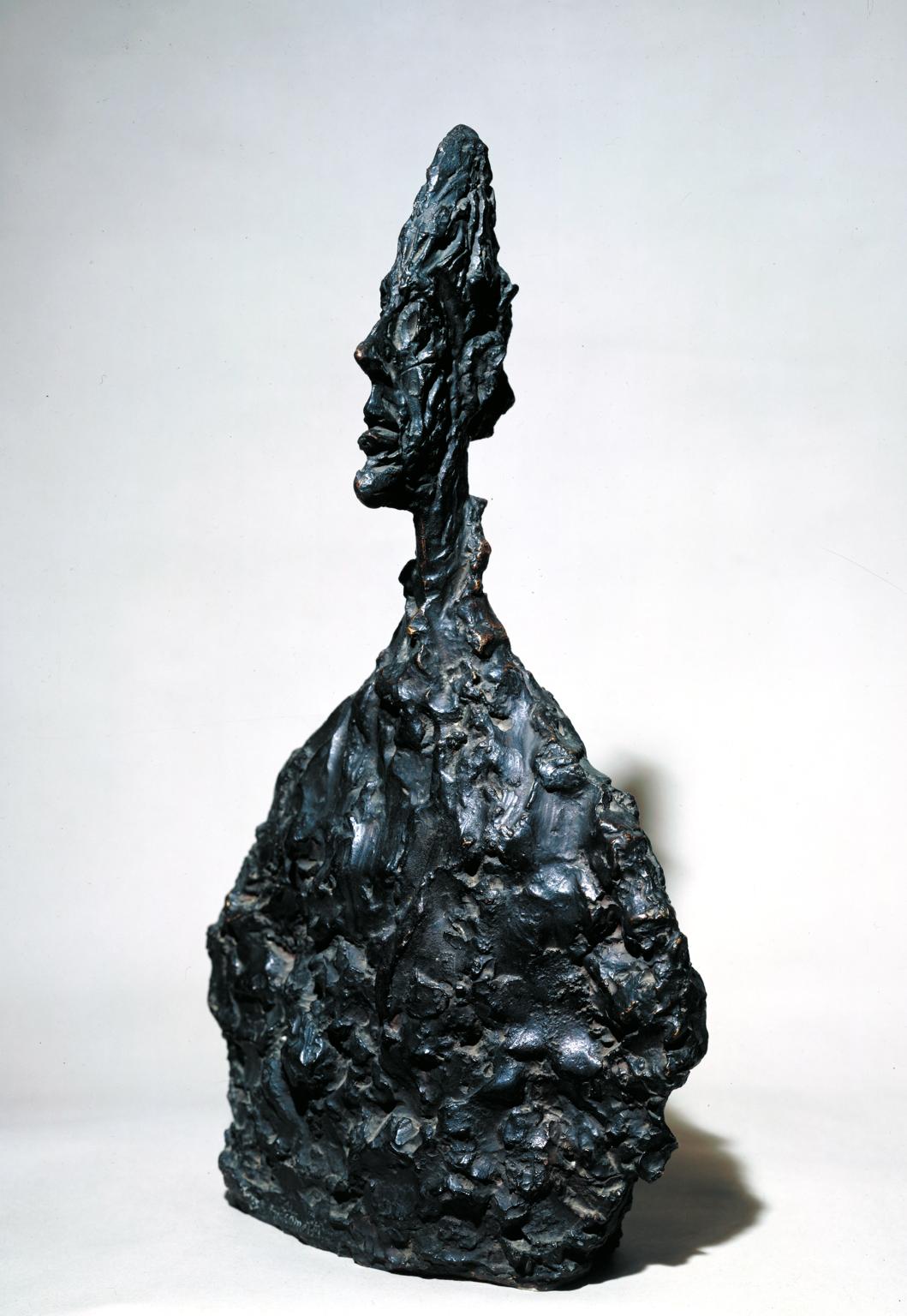


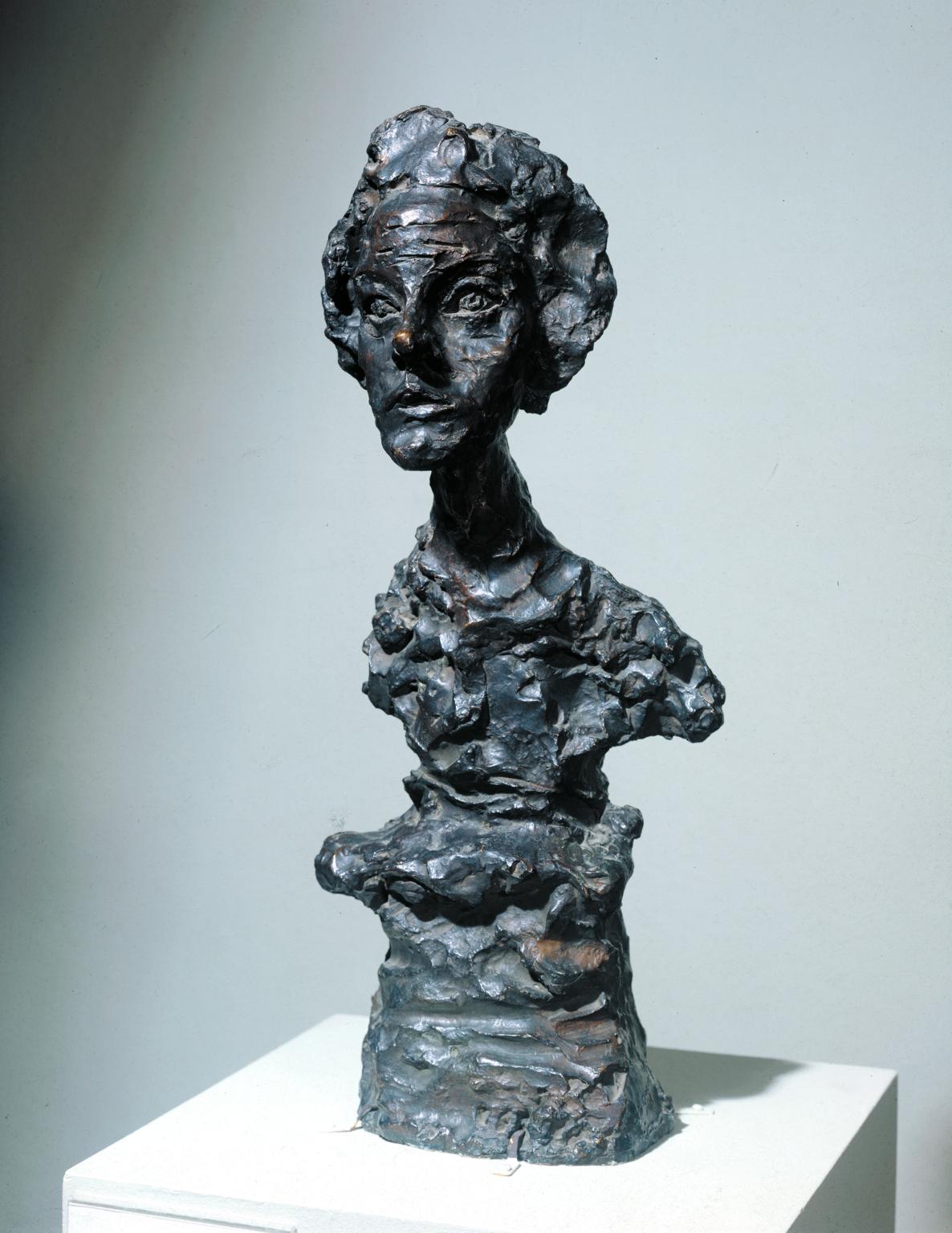
You've viewed 6/11 artworks
You've viewed 11/11 artworks

